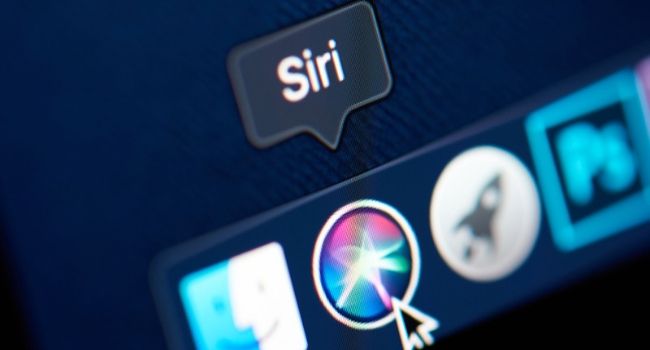
Apple Contractors Regularly Overhear ‘Confidential’ Conversations Through Siri, Whistleblower Says
An employee spoke out due to their concerns about the potential misuse of information by firms working for Apple.
- By Haley Samsel
- Jul 30, 2019
Employees who oversee quality control for Siri, Apple’s voice assistant used on products across the globe, regularly hear users’ sensitive conversations, including confidential medical information, drug deals and people having sex, according to new revelations published in The Guardian.
An employee working for an Apple contractor said that their job included listening to a sample of recordings from Siri conversations, transcribing them and then grading the responses according to a set rubric. But, the whistleblower said, that work often included listening to accidental activations of Siri, which were most common on the Apple Watch and the HomePod smart speaker.
“There have been countless instances of recordings featuring private discussions between doctors and patients, business deals, seemingly criminal dealings, sexual encounters and so on,” the employee told The Guardian. “These recordings are accompanied by user data showing location, contact details, and app data.”
It’s not uncommon for tech companies to employ people to listen to conversations people have with voice assistants — Amazon and Google also use the practice to improve quality. But the contractor employee was pushed to go public with Apple’s policies because they were concerned that the sensitive information could be misused, especially since there is a high turnover of employees at the company and privacy is not stressed as a priority.
“There’s not much vetting of who works there, and the amount of data that we’re free to look through seems quite broad,” the employee said. “It wouldn’t be difficult to identify the person that you’re listening to, especially with accidental triggers – addresses, names and so on.”
In response, Apple said a “small portion” of Siri interactions are analyzed to improve the product and that the recordings are not tied to the user’s Apple ID.
“Siri responses are analysed in secure facilities and all reviewers are under the obligation to adhere to Apple’s strict confidentiality requirements,” the company said in a statement.
The tech giant added that less than 1 percent of daily Siri requests are used for grading and are typically only a few seconds long. The contractor employee said recordings could last up to 30 seconds, allowing for a listener to figure out what was happening in the interaction.
The report has stirred some controversy, particularly because there is no option to opt out of being recorded other than deactivating Siri completely. Apple has also prided itself on its privacy and encryption policies in the wake of increased scrutiny of Facebook and Google on those issues.
About the Author
Haley Samsel is an Associate Content Editor for the Infrastructure Solutions Group at 1105 Media.